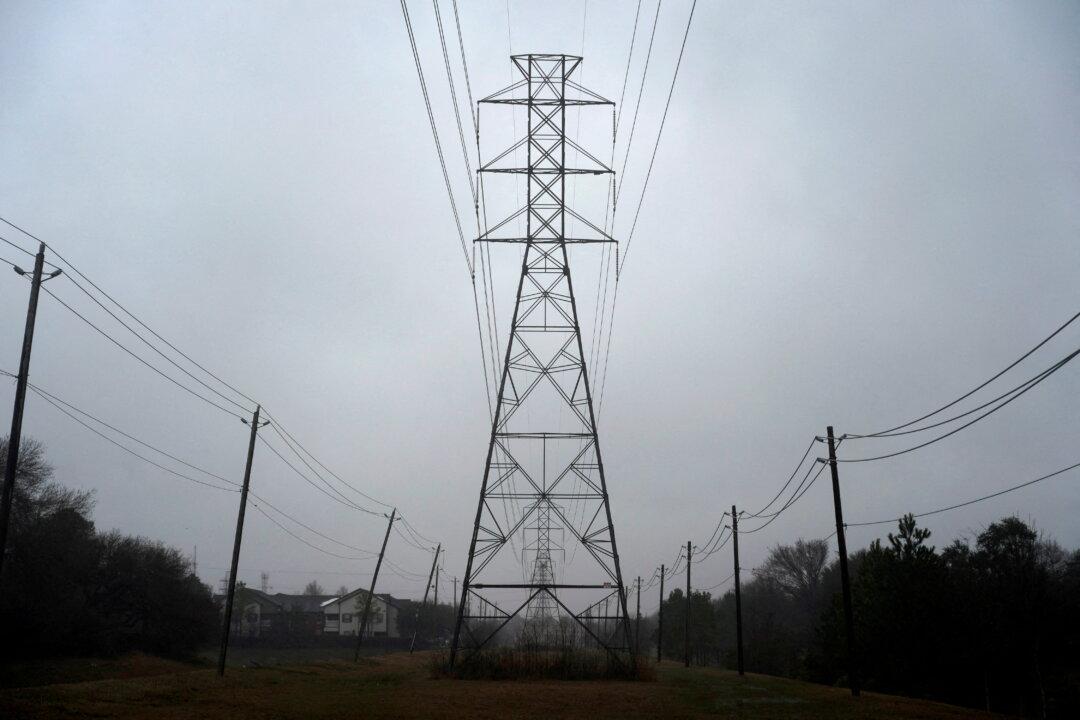Nearly all of Texas’ electric generation units and transmission facilities have passed the state’s new winterization rules, the state grid reported just before the expected coldest day so far this winter hits the West Texas Permian oil and natural gas producing area on Thursday.
Extreme cold in Texas, which caused power plants and gas pipes to freeze last February, was the reason state agencies adopted new power plant winterization and other rules to avoid a repeat of last winter’s energy emergency.





